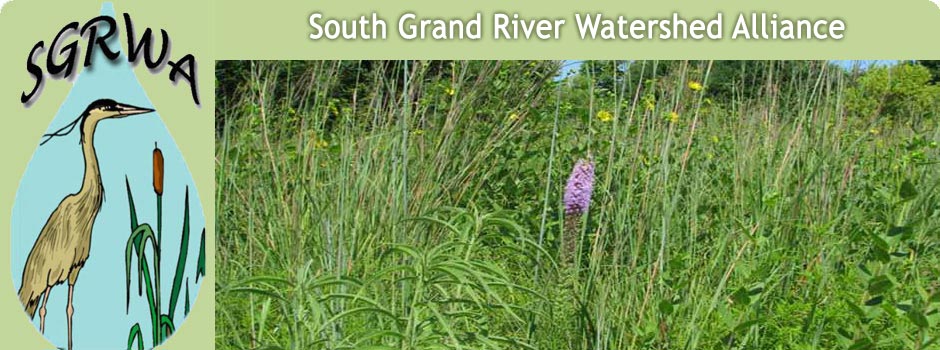The impervious surface of streets and parking lots can become very hot and affect our waters? Stormwater runoff from these heated surfaces is often higher than the temperature of the stream waters it enters. Water chemistry in streams is affected by several factors —water temperature is one of those factors. Warmer waters decrease the amount of dissolved oxygen in the water and increase the growth of algae. Aquatic creatures are very sensitive to these changes, and, as a result, become stressed and more vulnerable to disease, parasites and pollution.
The temperature of stormwater runoff from streets and parking lots, as well as the pollutants from them, can be minimized by incorporating features in their design. One feature is to design parking lots and streets with less impervious surface by making parking lots smaller and more in accord with actual demand, and by making streets narrower which also has been shown to make them more safe. Locating bioretention areas within the parking lots and providing vegetated strips around them will allow infiltration and slowing of the waters—beautifying while cooling, filtering and allowing for absorption of the stormwaters. Planting trees along roadways is also a very important consideration as is the use of pervious surfaces when possible.
Learn more about how we can all work together—citizens, businesses and government officials— to ensure the quality and quantity of our vital water resource, visit www.sgrwa.org
